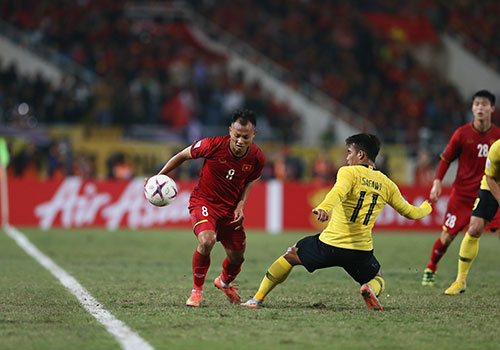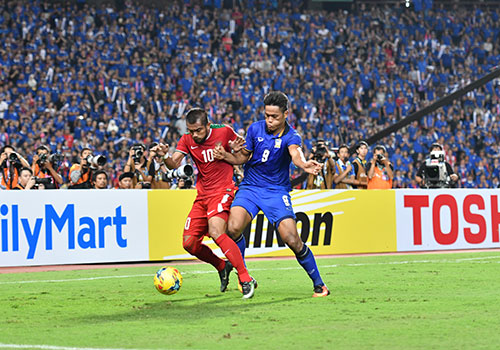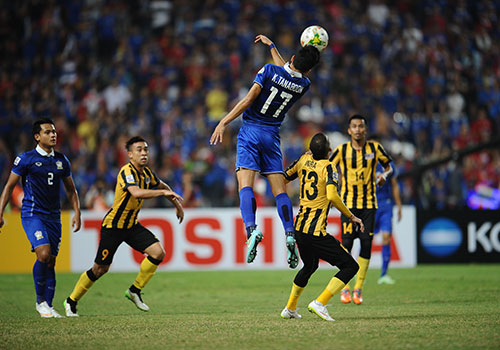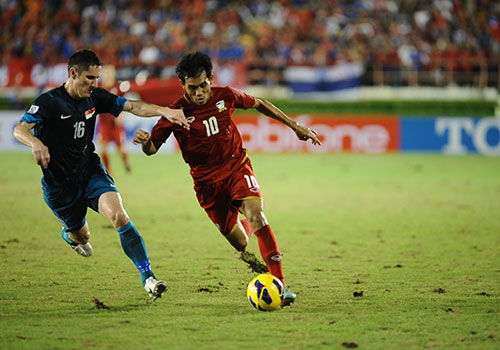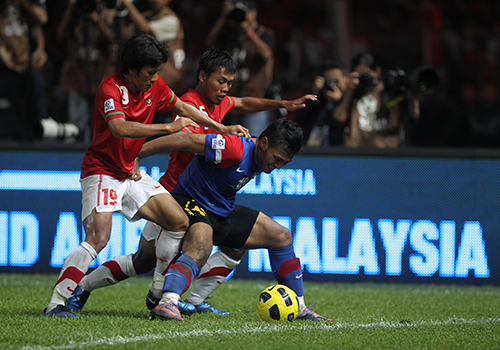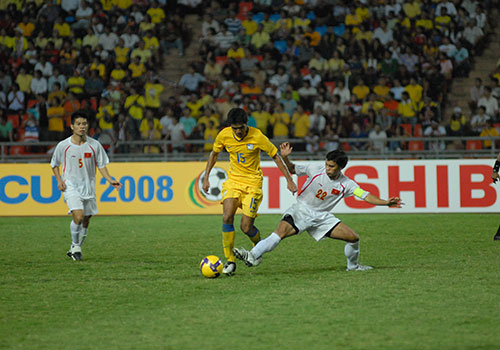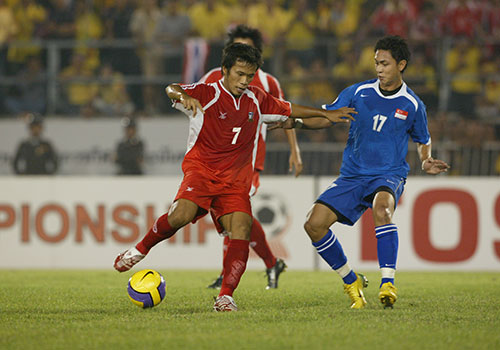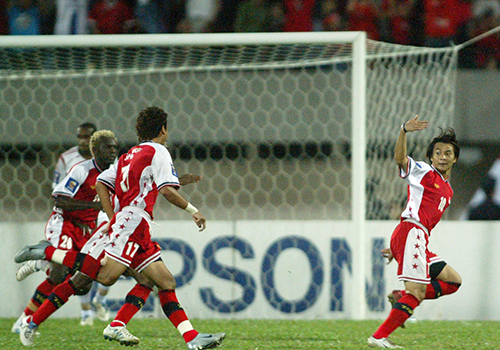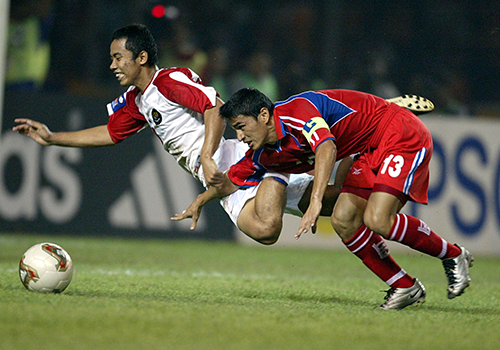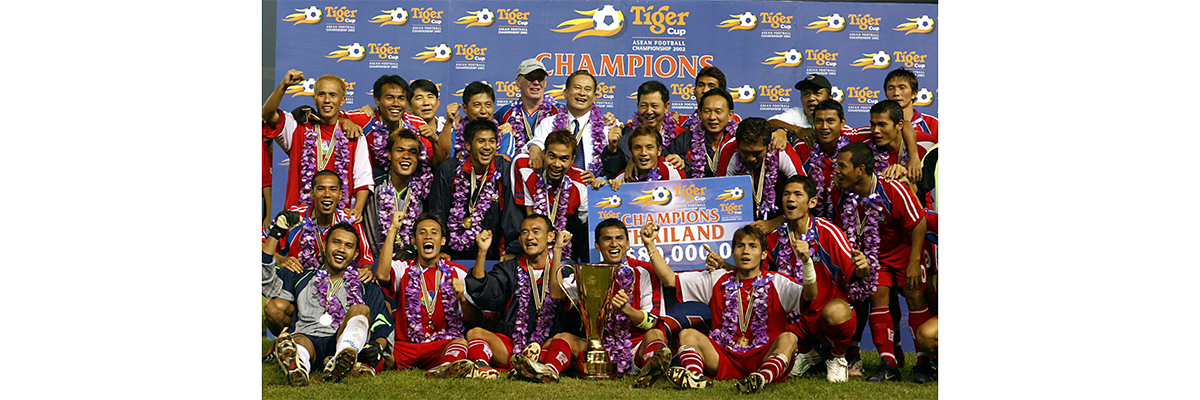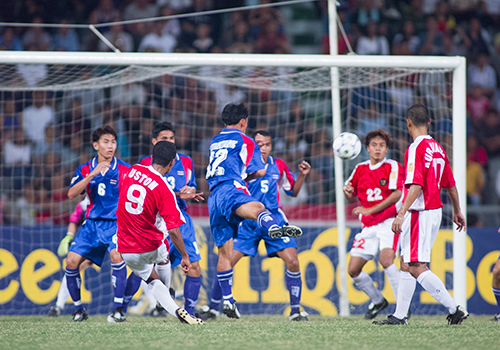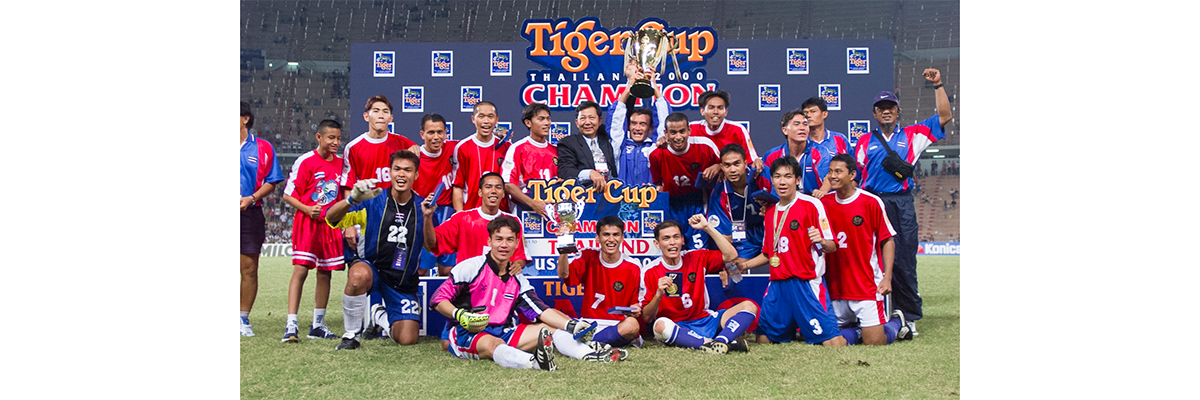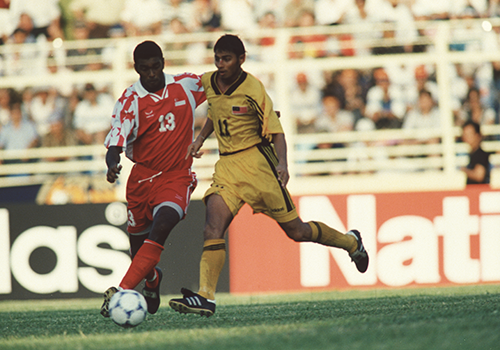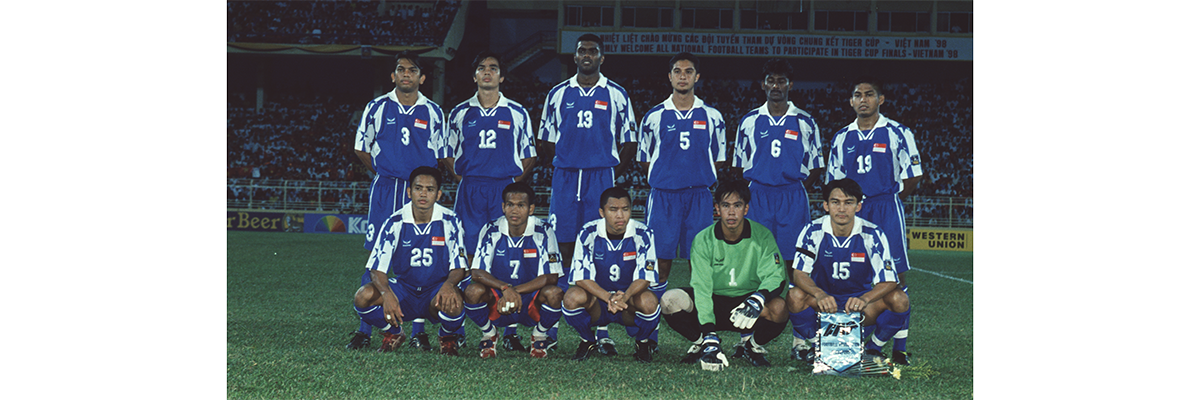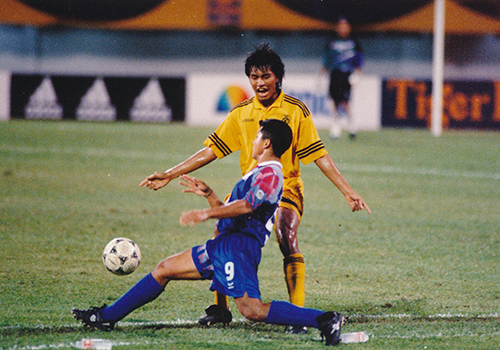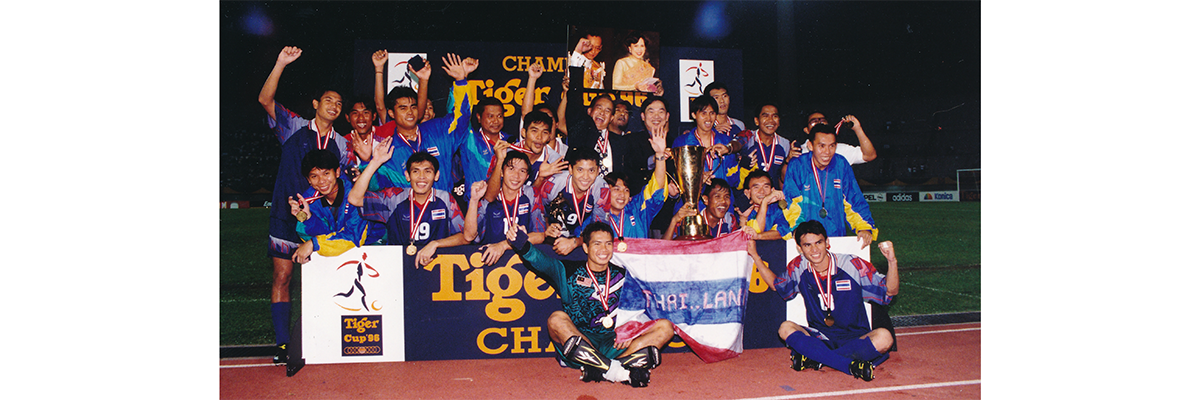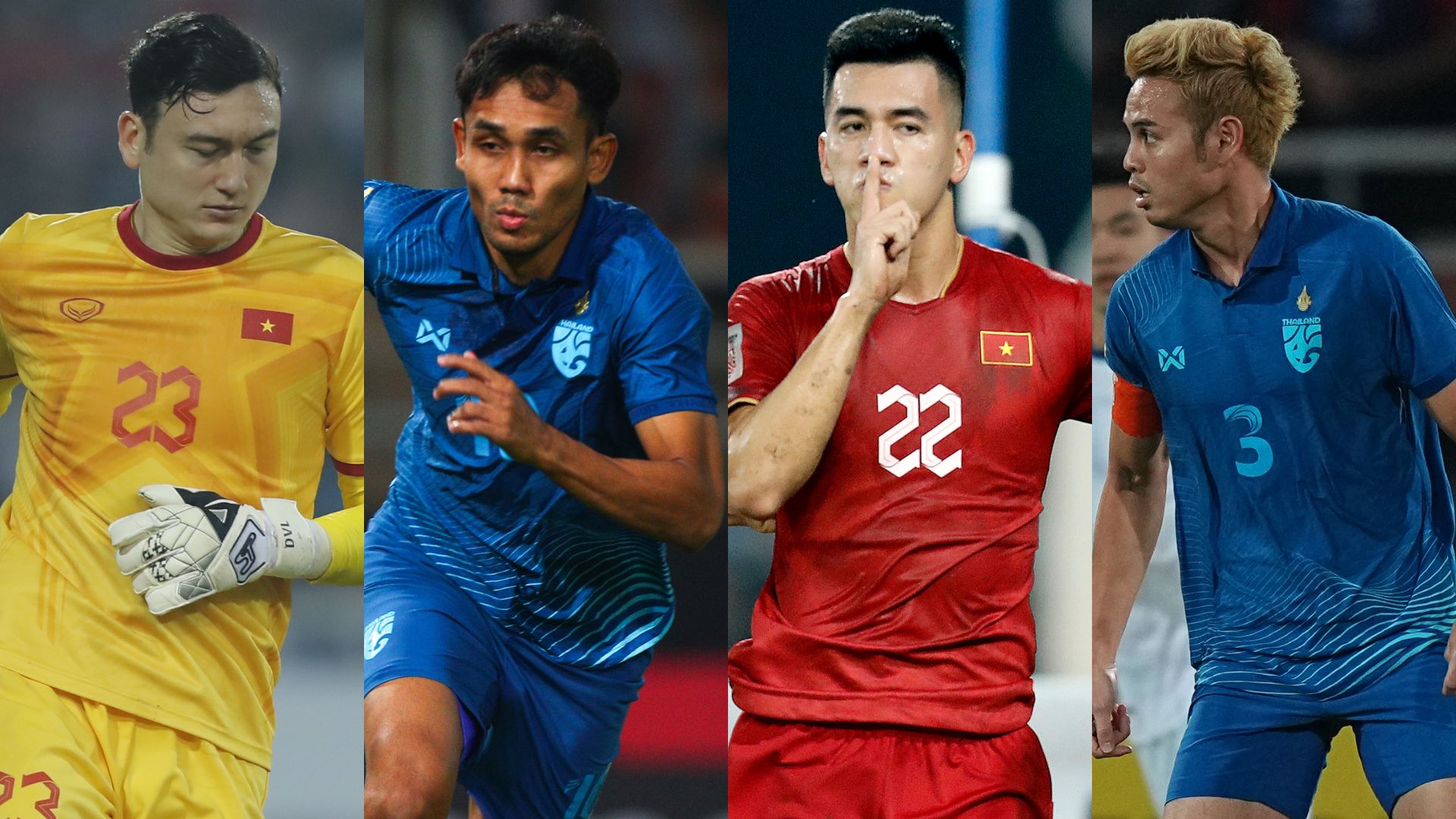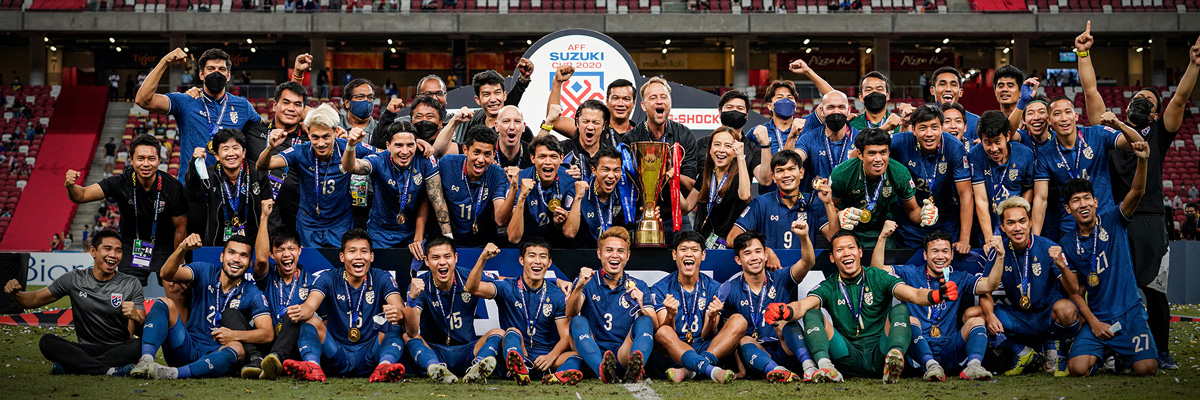
Thailand Wins a Record Sixth AFF Championship Title
Four years after they last lifted the AFF Championship trophy, Thailand has once again return to the summit of ASEAN glory by winning their record sixth title against Indonesia with an aggregate score of 6-2 over the two-legged Finals.
Thailand had a dream start to the Finals scoring four unanswered goals in the first leg against a youthful Indonesia side. Led by captain Chanathip Songkrasin, Thailand was dominant right from the start and made the most of their chances in the match to lead the first leg.
With one hand on the trophy going into the second leg, Thailand kept their composure despite an energetic fight-back from Indonesia and a pair of goals in the 54th and 56th minute from Adisak Kraisorn and Sarach Yooyen effectively ended the contest with a score of 2-2 on the night.
Thailand has now won the AFF Championship a record six times, in 1996, 2000, 2002, 2014, 2016 and 2020.
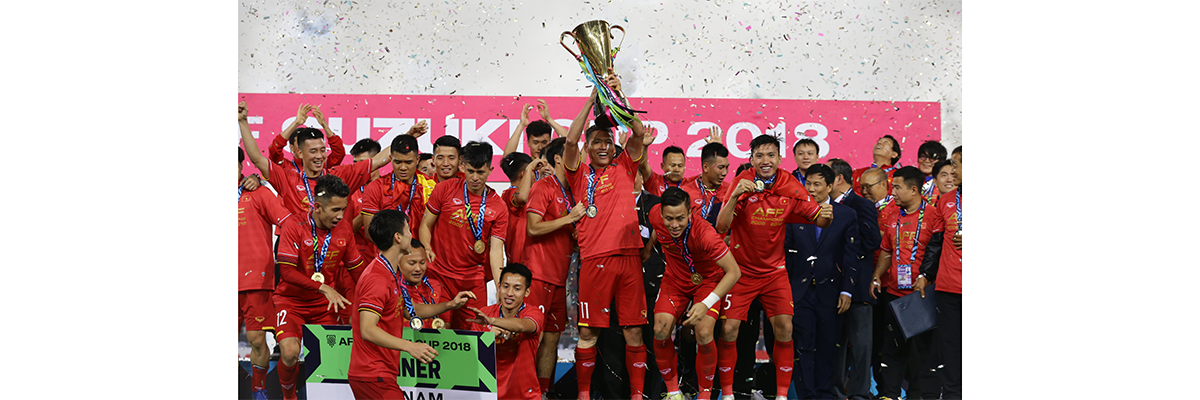
2018 Review
The 2018 AFF Suzuki Cup unveiled a progressive new look. The new logo and colours embodied the tournament’s core values, heralding a new era in Southeast Asian football.
In the new era of the tournament, the AFF Suzuki Cup 2018 was watched by a record number of matchday fans. Never before have so many attended the games with a total of 752,945 people going to watch the matches from the Group Stage through to the Knockout rounds. National Stadium Bukit Jalil boasted the highest attendance for a single game with 88,482 for the first leg of the final between Malaysia and Vietnam.

2016 Review
For the first time the event was classified as a FIFA ‘A’ tournament, meaning that nations earned vital rankings points. Moving headfirst into the digital era, fan engagement numbers have also continued to grow - a total television audience of more than 110 million tuned into the action from 2016 whilst the official AFF Suzuki Cup Facebook page had 1.3 million likes, cementing the tournament as Asia’s premier football competition.
Chanathip was again the driving force in what would become a record setting fifth title for Thailand in 2016 as he became the first player to win multiple MVP awards as they pipped Indonesia – who finished as runners-up for what’s also a record fifth time – 3-2 on aggregate in the final.
In a perfect piece of symmetry, 24 years after the man known as ‘Zico’ lifted the trophy in Singapore as a player, he did so again as the national coach in Bangkok in 2016.
That 3-2 triumph over Indonesia in the two-legged final was played in front of sold-out crowds in Bogor and Bangkok and was further evidence as to just how influential the AFF Suzuki Cup has become for the growth of Southeast Asian football.
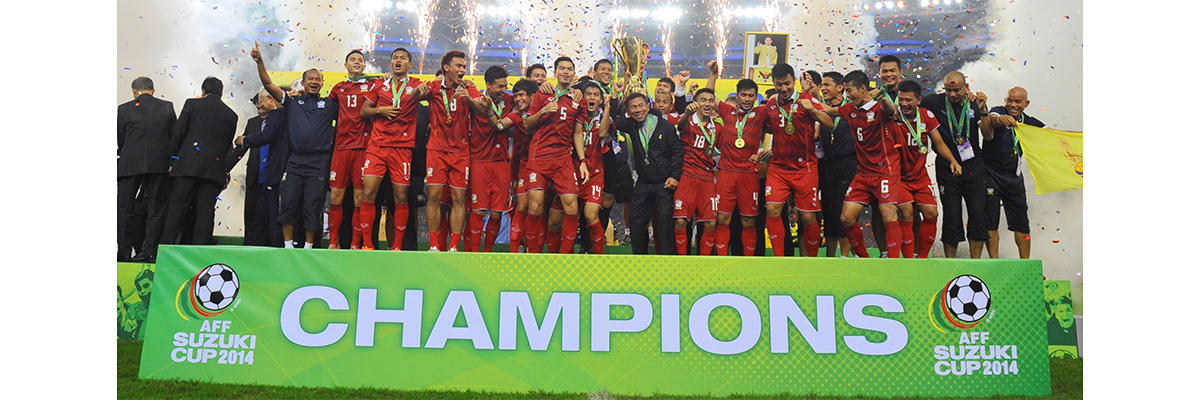
2014 Review
As Singapore claimed their fourth title in the 2012 edition, it didn't take long for a reaction from Thailand as they matched that achievement two years later with Kiatisuk becoming the first man to win the title as both a player and a coach after steering his side to a 3-2 aggregate win in the most dramatic of circumstances.
A handy 2-0 lead from the first leg evaporated inside an hour in the return at the Bukit Jalil and with eight minutes of time remaining and a 3-2 lead it looked as though Malaysia were headed for their second AFF Suzuki Cup title only for goals from Charyl Chappuis and then MVP Chanathip Songkrasin to seal the stunning late victory.
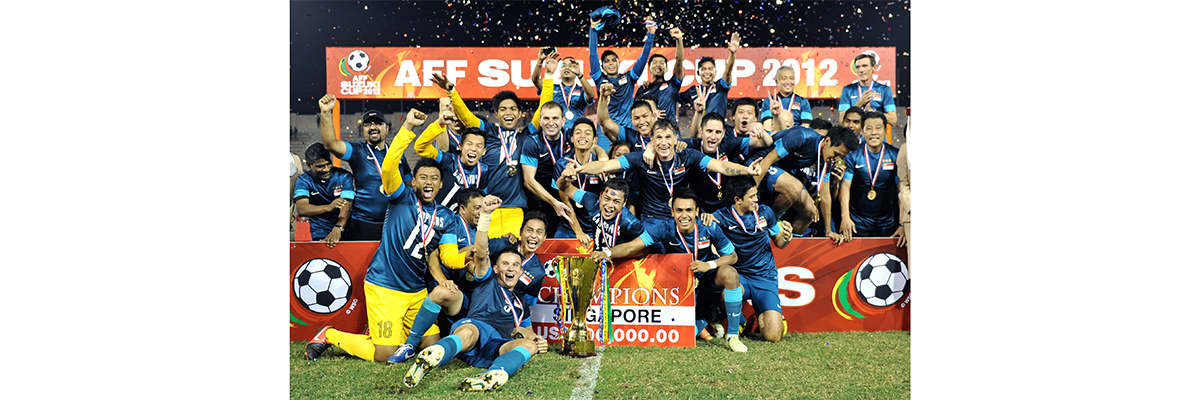
2012 Review
After missing out on the chance to increase their tally of three AFF Championship titles during the 2008 and 2010 editions, Singapore bounced back and claimed a record fourth crown following a 3-2 aggregate win over Thailand in the 2012 final.
Courtesy of four goals from tournament MVP Shahril Ishak and some telling contributions from Khairul Amri, the Lions denied their rivals, Thailand the title to emerge as regional kingpins.
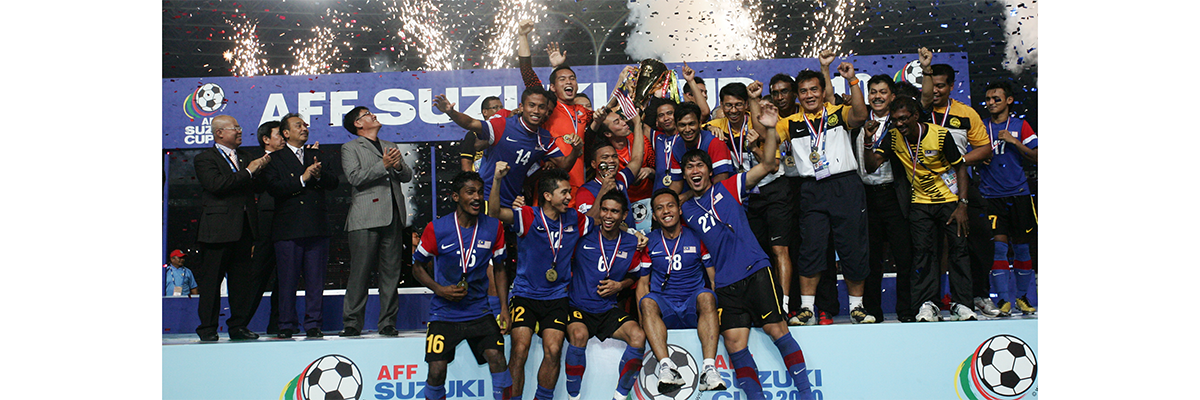
2010 Review
Malaysia followed 2008 champions, Vietnam, in etching their name in tournament history as they claimed a maiden title in 2010, heaping more misery on Indonesia as they won the two-legged final 4-2 on aggregate.
Having been hammered 5-1 by the Indonesians in the group stage, it was a stunning form reversal from Malaysia to win the first leg of the final 3-0 in front of 99,000 fans at the Bukit Jalil Stadium and that result meant that even with a 2-1 second leg loss in Jakarta the Tigers became the fourth different nation with a title to their name.

2008 Review
This was the year where the dominance of Singapore and Thailand in the tournament was broken. Vietnam became the newest champions, winning the 2008 edition in front of a huge and expectant crowd.
After a stunning 2-1 win for Vietnam in the first leg, a youthful Teerasil Dangda scored in the first half of the second to level things on aggregate only for Le Cong Vinh to enshrine his reputation as Vietnam’s greatest ever forward with a glancing header in the fourth minute of stoppage time to spark wild scenes that lasted late into the Hanoi night.
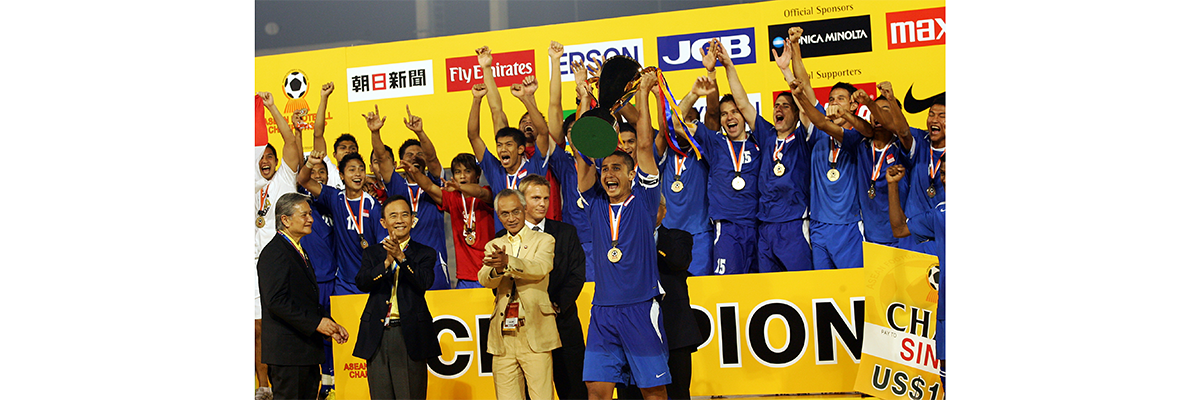
2007 Review
Singapore joined Thailand as three-time champions when they defeated the Thais 3-2 on aggregate in the 2007 final with Noh Alam Shah having one of the finest individual tournaments in the history of the event.
The lethal forward scored ten times, including the vital opener in the final, and to date nobody has surpassed that mark in a single tournament nor the 17 goals that he plundered throughout his time in Southeast Asia’s showpiece event.














